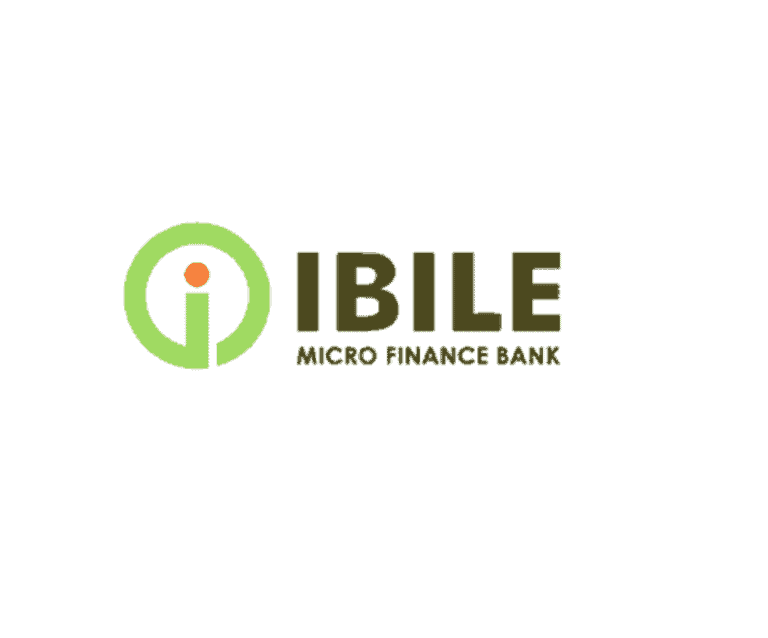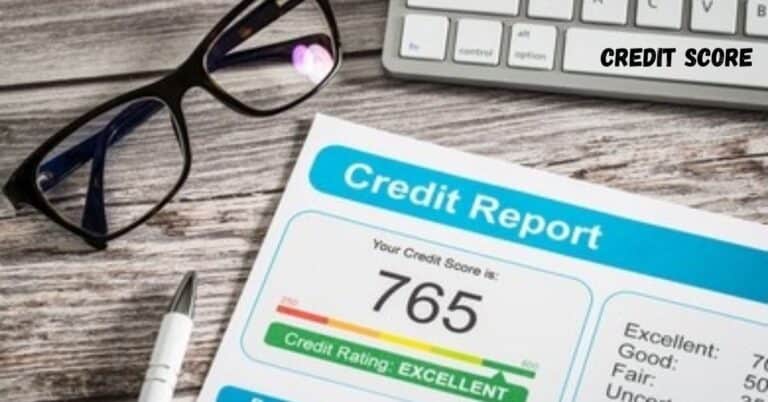Student Loans: What They Are and How They Work
The problem with student loans is that few students comprehend how they work or the impact they can have on future goals and plans.
Everyone wants you to continue your education when you’re about to graduate from high school, but no one can tell you how to pay for it. It’s just assumed that if you want to go to college, you’ll have to take out a large loan (or two) to pay for it.
Advertisement
What is a Student Loan?
A student loan is cash borrowed from the government or a private bank in arrange to pay for college. The credit must be paid back afterward, alongside intrigued that builds up over time.
The money can more often than not be utilized for educational costs, room, and board, books, or other expenses. But a few understudies utilize their advance cash for other stuff like trips to Greece for spring break.
Let’s be clear: Student Loans are diverse from grants and gifts. Credits continuously need to be paid back (unless you’re one of the fortunate few who gets a portion of your credit pardoned, but that’s pretty rare).
Advertisement
Scholarships and awards, on the other hand, don’t have to be paid back (everybody adores free cash, right?). The loans are too distinctive from work-study programs, where understudies get paid to work on campus.
Also, read Your Credit Score and Its Significance.
Student Loan Forgiveness
There are numerous individuals within the States who may feel impeded by their student loan repayment obligation, but the Open Benefit Credit Pardoning (PSLF) program was brought in in 2007 to assist people to pay it off in a speedier and less demanding way.
As a portion of the government program, any qualified borrowers are able to have their credits cleared after 10 a long time on the off chance that they meet a few qualifying necessities.
To arrange to have your Student Loan pardoned after a 10-year period, a few of the prerequisites that got to be met are as takes after:
- You must be working full-time for the government or a qualified non-for-profit in a certain field, like firefighting, instructing, government, nursing, open intrigued law, military, or devout work.
- Also, You wish to have made installments for 10 years, totaling 120 installments for the complete sum interior 15 days of the date the month-to-month installments go out.
- You wish to have a loan(s) within the government coordinate advance program, in spite of the fact that you’ll solidify your government credits as one installment as a portion of the PSLF.
In any case, a few of the sort of players that don’t qualify for the PSLF incorporate work unions, divided political organizations, and for-profit organizations, which incorporate for-profit government, and temporary workers. Again, not everyone qualifies for this, and It’s not that reliable. As of April 2021, less than 1% of applications for Student loans absolution through open benefit were really endorsed.
If you decide to take a loan, here’s a quick look at what you could be dealing with for up to 10 years:
Student Loan Repayments
- Standard Repayment Plan: The government or your loan specialist gives a plan with a set month-to-month installment sum. For government advances, the arrangement is for 10 years. Private credits will shift.
- Graduated Repayment Plans: The installments begin off lower, but they increment each couple of a long time or so. The arrangement is still to have everything paid off in 10 years.
- Extended Repayment Plans: For borrowers with more than $30,000 in outstanding loans, these programs prolong the payment period beyond the standard 10-year period. The payments are planned to pay off the debt in 25 years and might be set or graduated (meaning the payments increase gradually).
- Income-Based Repayment Plans: Payments are based on a percentage of your income in these programs. After taxes and personal expenses are deducted, you’ll typically pay 10–15 percent of your income. Every year, the payments are computed and adjusted to account for factors such as the size of your family and your current salary.
- Income-Contingent Repayment Plans: This plan is similar to the income-based plan, except it is based on 20% of your discretionary income (the money left over after your fixed expenses have been met). Every year, the rates are modified, and the amount can be forgiven and taxed over time (usually 25 years).
- Income-Sensitive Repayment Plans: These plans are identical to the other income-related plans, except instead of your discretionary income, the payment is based on your total income before taxes and other expenses. It is estimated that the debt will be paid off in ten years.
Also, read Car Financing Basics.
Repaying Private Loans
Because private loans are agreements between you and the lender, the lender sets the payment terms. Each month, you’ll pay a certain amount that includes both principal and interest, and the payments are normally fixed for a specific period of time.
Any modifications to that plan, such as a graduated payment schedule, would have to be worked out with the lender (you could always try bribing them with cookies or something).
Final Notes on Student Loans
Still not convinced that taking out student loans is the worst method to pay for college? What if I told you that approximately 6% of students owe over $100,000 in student loans (slowing down all financial development after graduation)?
7 According to a study by Ramsey Research(ramseysolutions.com), 63 percent of student loan borrowers are always concerned about repaying their debt, and 44 percent believe they are unable to purchase a home because of their debt.
So my advice? Rather find scholarships & grants for a preferred college or just settle down for a school you can easily afford. If you keep it to 20 hours per week or less, a part-time job or side business won’t hinder your academics, and you’ll save money for college.
Look for on-campus employment or a work-study program once you’ve started college.
The choices you make today will have a long-term influence on your financial stability. You’ll set yourself up for a lifetime of success if you take these actions today (and freedom from those monthly payments).
Before you go, read all you need to know about Mortgage Refinancing.






